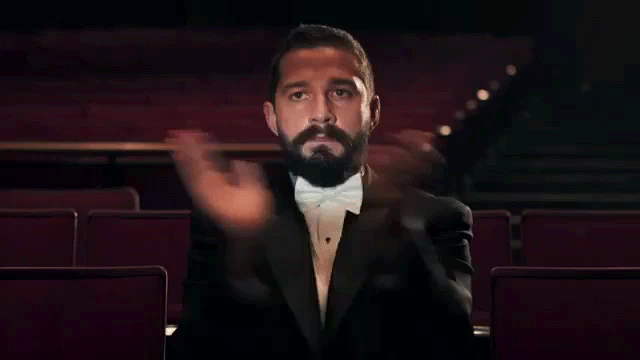by Midnight Freemason Contributor
Robert E. Jackson, PM
As Masons, we strive to improve upon the three moral virtues, Faith in a higher power, Hope in immortality, and Charity with all mankind. We reference the phrase from the book of first Corinthians, 13:13, which states "
And now abideth faith, hope, charity, these three; but the greatest of these is charity." The King James version of the Bible uses the term "
Charity," however, many other versions use the term "
Love." Now think of that first line again…Love with all mankind. As men, for years it seems we have been taught to suppress our expression of Love. We need to be strong, brave, and courageous. Men don't cry, or talk about their feelings. Although I agree that there are times we do need to step up our strength and bravery, there are many more times when we need to honestly Love and care for one another. The way in which that Love is expressed, however, varies greatly across humanity.
I've recently learned of the five categories in which love can be given, or received. For those of you unfamiliar with the concept, Dr. Gary Chapman documented "
The 5 Love Languages" to help people understand their own, for lack of a better term, currency. The currency stipulates what you can offer another in the form of Love, but also what you appreciate most. According to Dr. Chapman, the five core languages of Love are (in no particular order):
·
Physical Touch
· Receiving Gifts
· Words of Affirmation
· Quality Time
· Acts of Service
In other words, some humans appreciate simply hearing 'I Love You,' or another complement to audibly receive Love and gratification. For others, the words have little meaning next to a hug, or simply spending time together. The way that you express and show your Love for your spouse, family member, or Brother, may not be what they need in order to feel Loved. This isn't an unsurmountable challenge, however, and can be easily resolved through communication and understanding.
For starters, it's helpful to understand how you prefer to receive Love. Take some time to internalize and meditate on the actions of others that have truly made you happy. Not a simple laugh, but an action that can lasts for days. Many months ago, I received a hand written letter from a dear Brother. Something so simple, but that Act of Service, still means so much to me. I still have that letter on my desk, and when I become frustrated, that letter helps restore my faith in goodness and Brotherly Love. You may be surprised how easy it is to realize what your Love Language is.
Finding the Language of your partner, friend, Brother, or family member may be more challenging. Try discussing your Love Language with the other person (and no I'm not talking about Ricky and Mrs. Smith's International language from Better Off Dead). Share what you have learned, and start that conversation about what makes them happy, what gestures or events in their lives really made them feel loved. Once they start talking, let it be about them…you're there to listen and learn. Once you can understand how they feel loved, your relationship can only grow stronger with compassion and understanding.
If you have any interest in improving your relationships with either your spouse or friends and family, I would strongly encourage you to do some reflection and discover more about how you Love! More information about "
The 5 Love Languages" can be found on Dr. Chapman's website,
https://www.5lovelanguages.com, including quizzes that can help you, or your partner, identify your Love Language. "The greatest of these, is LOVE!"
~REJ
Robert Edward Jackson is a Past Master and Secretary of Montgomery Lodge located in Milford, MA. His Masonic lineage includes his Father (Robert Maitland), Grandfather (Maitland Garrecht), and Great Grandfather (Edward Henry Jackson), a founding member of Scarsdale Lodge #1094 in Scarsdale, NY. When not studying ritual, he's busy being a father to his three kids, a husband, Boy Scout Leader, and a network engineer to pay for it all. He can be reached at info@montgomerylodge.org














